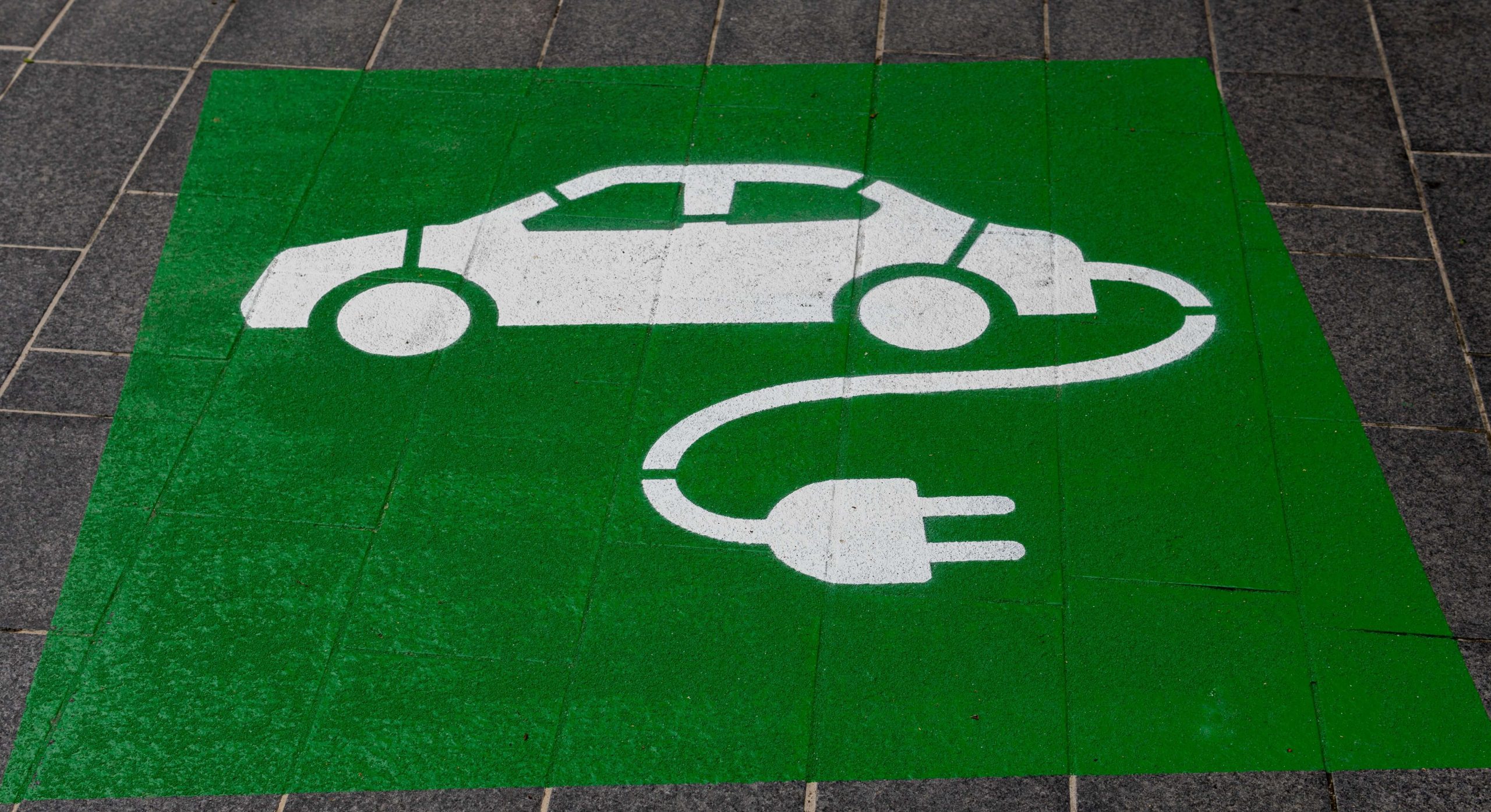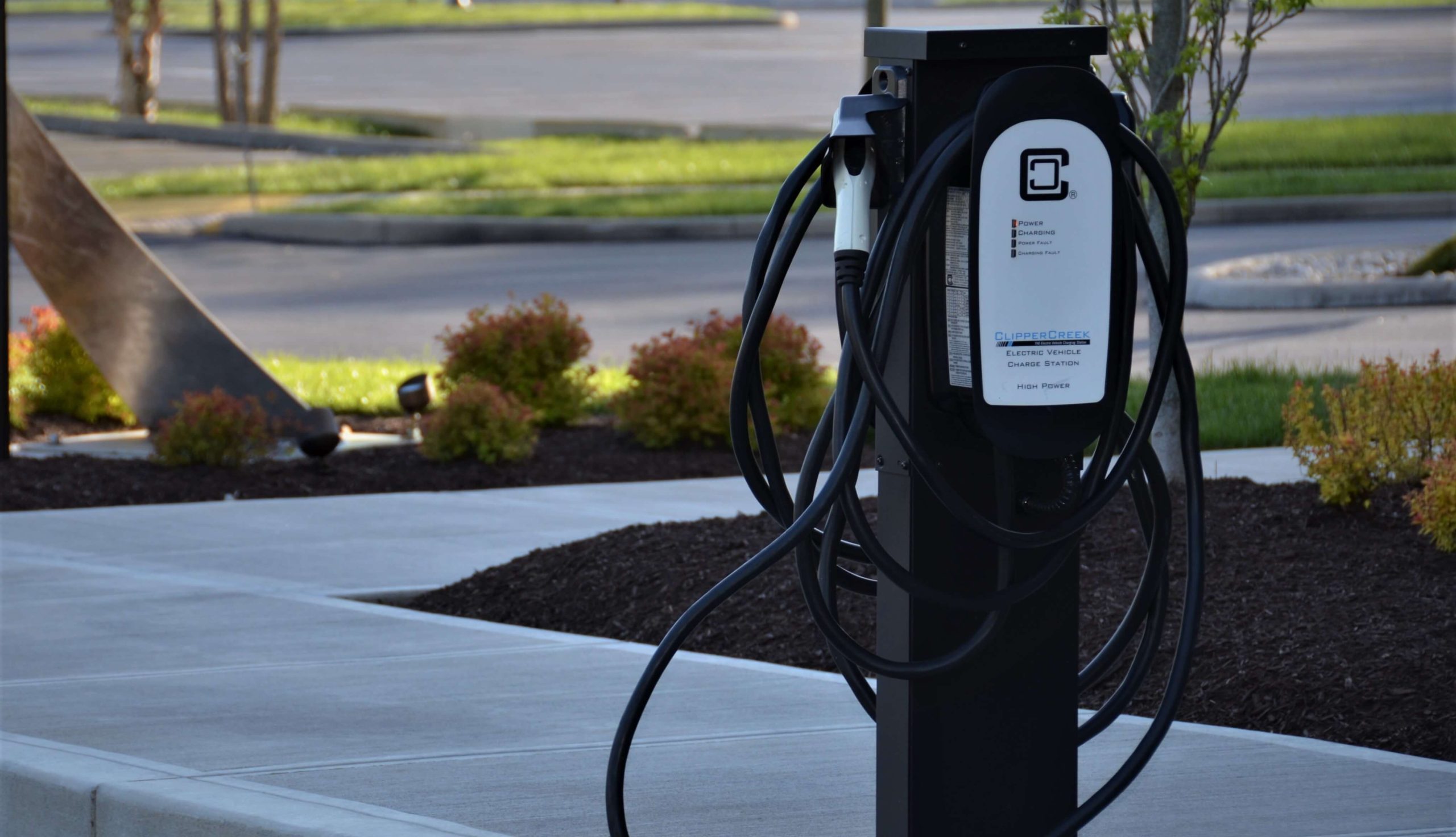Introduction
There’s an oncoming tidal wave of government funding for electric vehicles. With so many opportunities floating around, it can be a challenge to pinpoint the ones that truly stand out. So, which electric vehicle grants are among the most promising for our hardworking farmers? The Federal Community EV Charging Grants are the answer (see program overview).
What is the Federal Community EV Charging Grants?
The U.S. Department of Transportation, in collaboration with the Joint Office of Energy and Transportation, has launched the Federal Community EV Charging Grants. This initiative earmarks a whopping $700 million to support communities, including our invaluable farms, in setting up and maintaining electric vehicle (EV) charging infrastructure.
What makes this opportunity special?
Unlike many other grants, this one specifically targets the heart of our communities, ensuring that farms and local areas are not left behind in the electric revolution. The grant covers costs for up to five years post-installation, ensuring that the charging stations remain a sustainable and long-term addition to the farm. This not only boosts the farm’s eco-credentials but also provides an additional revenue stream, as farmers can offer charging services to EV drivers.
How do I apply?
To apply for the Federal Community EV Charging Grants, farmers should:
- Visit the official U.S. Department of Transportation website.
- Navigate to the grants section and locate the Federal Community EV Charging Grants application form.
- Fill out the necessary details, ensuring all documentation is attached.
- Submit the application and await a response.
It’s essential to ensure that all requirements are met and that the application is as detailed as possible to increase the chances of approval.
Conclusion
The Federal Community EV Charging Grants is a golden opportunity for farmers to be at the forefront of the electric vehicle revolution. By embracing this chance, farms can not only reduce their carbon footprint but also position themselves as community leaders in sustainable initiatives.








